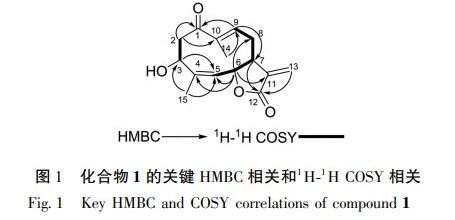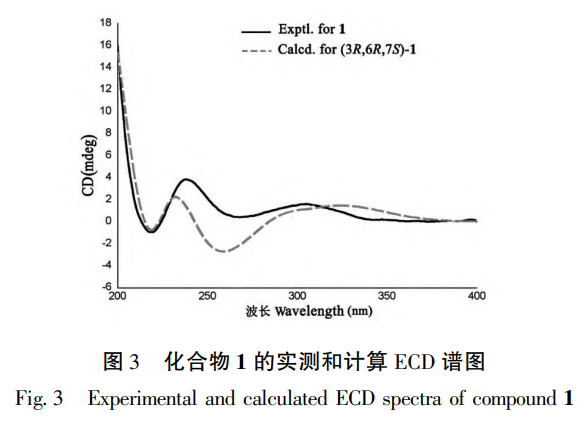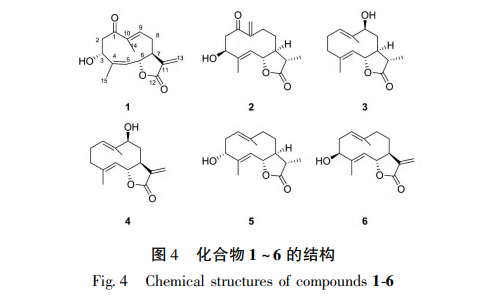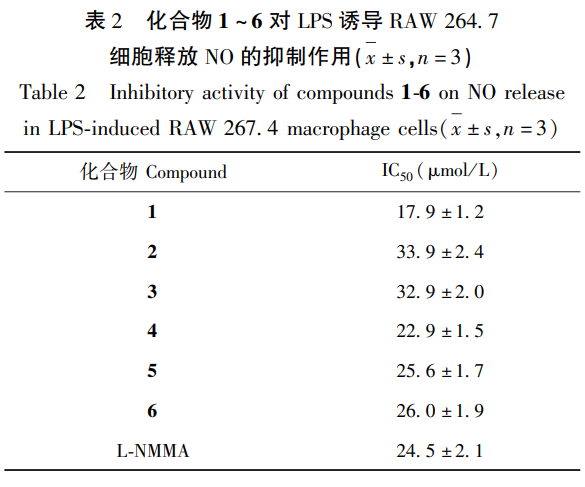Mechanism study on the cardioprotective effect of seabuckthorn flavonoids on long-term exhaustion exercise rats
Research has confirmed that moderate physical exercise can induce benign changes in the shape, structure, and function of the heart, but long-term exhaustive exercise may have negative effects on the cardiovascular system and even lead to exercise-induced myocardial injury. During continuous exhaustive exercise, there is an increase in endogenous reactive oxygen species (ROS) generation, which limits the ability to clear ROS. Excessive ROS induces dysfunction of myocardial cells, protein and lipid peroxidation, and DNA damage. In addition, long-term exhaustive exercise can induce a widespread inflammatory response in the body, and the infiltration of inflammatory cells can cause structural and functional impairment of myocardial cells. The oxidative stress and inflammatory response induced by exhaustive exercise activate various cardiac hypertrophy signal kinases and transcription factors, and induce cell apoptosis through DNA and mitochondrial damage as well as activation of pro apoptotic signals. A study found that 6-week exhaustion exercise can activate the apoptosis program of myocardial cells and accelerate the functional “remodeling” process of cardiac structure by upregulating the expression ratio of Bcl-2 associated X protein (Bax)/B cell iymphoma-2 gene (Bcl-2) in rat myocardial cells. In addition, studies have confirmed that the deposition and fibrosis of extracellular matrix components induced by long-term exhaustive exercise may be closely related to cell apoptosis.






Sea buckthorn belongs to the family Elapidae and is a traditional medicinal and edible plant in China. Its antioxidant, anti-tumor, and anti apoptotic effects have been widely confirmed. Sea buckthorn flavonoids (SF) are the most important active component of sea buckthorn. 50-250 μ g/mL SF can improve the phagocytic ability of mouse cells and effectively inhibit the generation of oxidative stress and inflammatory markers in Raw 264.7 cells; 4g/kg SF gavage combined with aerobic exercise can inhibit the apoptosis response of rat hippocampal tissue. However, there is currently a lack of research on the cardioprotective effects of SF on long-term exhausted exercise rats. Based on this, this study aims to establish a rat model of exercise-induced myocardial injury through long-term exhaustive exercise, and investigate the intervention effect of SF on myocardial injury in long-term exhaustive exercise rats, in order to provide experimental evidence for the prevention and rehabilitation of exercise-induced myocardial injury.
Systematic and scientific exercise training can induce beneficial adaptive changes in the heart, but long-term exhaustive exercise may have adverse effects on myocardial tissue through inflammatory reactions, oxidative stress responses, activation of cell apoptosis, and fibrosis. There is research confirming that long-term exhaustive exercise may activate the oxidative stress response of myocardial cells and mediate the apoptosis program. The activation process of ROS and Caspase-3 pathways is closely related, which can induce mitochondrial damage and lead to myocardial mechanical dysfunction. Meanwhile, cytokine release and neutrophil infiltration induced inflammatory response may be the initiating factors of cell apoptosis, and the occurrence of apoptosis also provides conditions for the exacerbation of tissue inflammatory response. Research has found that the expression profile of myocardial apoptosis genes changes after exhaustive exercise, with significant upregulation of myocardial pro apoptotic gene expression and Bax/Bcl-2 ratio. Similar results were observed in this experiment, where long-term exhaustive exercise led to significant increases in MDA, IL-1 β, IL-6, TNF – α levels, Caspase-3, Bax protein expression, and Bcl-2/Bax ratio in rat myocardium. SOD, GSH Px levels, and Bcl-2 protein expression were significantly reduced, indicating that long-term exhaustive exercise exacerbated oxidative stress and inflammatory responses and induced activation of the rat myocardial tissue apoptosis program.
Research has found that excessive exercise stimulation can induce myocardial tissue fibrosis through various pathways, and the activation of myocardial tissue apoptosis may accelerate collagen synthesis and the process of myocardial fibrosis. Long term exhausting exercise promotes myocardial infarction and fibrosis by inducing microenvironmental damage (inflammation, cell apoptosis, etc.) in the body. Long term exhaustion exercise may induce myocardial tissue inflammation through the expression of pro-inflammatory cytokines such as TNF – α and intercellular adhesion molecule-1 in rats, leading to exercise-induced myocardial tissue structural micro damage and atrial fibrosis. Exhaustive exercise induced myocardial oxidative stress response may further induce myocardial fibrosis, but direct evidence is currently lacking. In addition, studies have found that 6 weeks of exhaustive exercise may induce myocardial fibrosis and fibroblast proliferation by upregulating the Bax/Bcl-2 ratio in rat myocardial tissue and activating the p38 MAPK/Smad2/3 signaling pathway. This experiment is consistent with previous studies. A long-term exhaustion treadmill exercise was used to establish an animal model of exercise-induced myocardial injury. The results showed that rats subjected to long-term exhaustion exercise exhibited upregulation of serum myocardial injury markers, increased oxidative stress, inflammatory response, and cell apoptosis in myocardial tissue, as well as changes in tissue morphology and fibrosis.
At present, there is a lack of research on the intervention effect of SF on exercise-induced myocardial injury. However, some side intervention evidence of plant derived flavonoid extracts shows that various plant derived flavonoid extracts have preventive and therapeutic effects on exercise-induced myocardial injury. In this experiment, compared with the model group, medium and high doses of SF (200, 400 mg/kg) effectively reduced serum myocardial injury markers in rats. At the same time, myocardial HE staining showed that medium and high doses of SF (200, 400 mg/kg) effectively alleviated the morphological damage of myocardial tissue caused by long-term exhaustion training. At present, the antioxidant and anti-inflammatory activities of SF have been widely recognized, and this study also supports previous research conclusions. In this study, it was also confirmed that supplementing with 200 and 400 mg/(kg · d) SF can effectively inhibit oxidative stress, inflammatory response, and serum myocardial injury marker expression in myocardial tissue. Compared with the model group, gavage of 100 mg/kg SF can also reduce the levels of inflammatory factors and oxidative stress in myocardial tissue of long-term exhausted training rats, but its effect is not significant. Research has shown that seabuckthorn water extract can inhibit apoptosis and promote proliferation of human immortalized keratinocytes, while also participating in multi-target downstream apoptosis signaling pathway regulation. In addition, oral administration of sea buckthorn polysaccharides (200mg/kg) can inhibit apoptosis of liver cells in septic induced liver injury mice, upregulate the expression of peroxisome proliferator activated receptor gamma and Bcl-2 in septic mouse liver, and downregulate the expression of NF – κ B, Bax, and Caspase-3.
This study found that after SF intervention, the expression of Caspase-3 and Bax proteins and the Bcl-2/Bax ratio in the myocardium of exhausted exercise rats significantly increased, while the expression of Bcl-2 protein significantly decreased. This proves that SF (100, 200, 400 mg/(kg · d)) can inhibit the cardiomyocyte apoptosis response induced by long-term exhausted exercise. Research has shown that total flavonoids from seabuckthorn can reduce the expression of fibrosis related proteins by inhibiting the inflammatory and oxidative stress responses in rabbit ear hypertrophic scar tissue, thereby reducing the efficiency of fibroblast transformation in fibrotic tissue and inhibiting the progression of hypertrophic scars. Flavonoid active substances upregulate the expression of fibroblast growth factor 21 protein, inhibit the transformation growth factor – β 1 signaling pathway, induce downregulation of myocardial fibrosis markers CTGF, Collagen-I, and Collagen-III expression, thereby reducing myocardial fibrosis, oxidative stress, and cell apoptosis, and ultimately improving cardiac function in mice with myocardial fibrosis. Similar results were obtained in this experiment, where long-term exhaustive exercise significantly upregulated the expression of CTGF and Collagen-I proteins in rat myocardial tissue, as well as myocardial tissue CVF. SF (100, 200, 400 mg/(kg · d)) could effectively inhibit myocardial tissue fibrosis.
In summary, this study indicates that 6-week continuous exhaustive exercise induces oxidative stress and increased inflammatory response in rat myocardial tissue, leading to myocardial cell apoptosis and fibrosis, resulting in myocardial tissue damage. SF can effectively alleviate oxidative stress and inflammatory response in myocardial tissue of long-term exhausted exercise rats, inhibit myocardial cell apoptosis and fibrosis, and thus exert myocardial protective effects.
